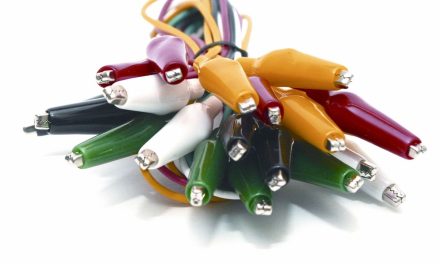 Recent warnings over faulty heart defibrillators have highlighted the urgent need for regular testing of in-service health equipment.
Recent warnings over faulty heart defibrillators have highlighted the urgent need for regular testing of in-service health equipment.
The FDA (Food and Drug Administration, US) and MHRA (Department of Medicines and Healthcare Products Regulatory Agency, UK), has warned that tens of thousands of Automatic External Defibrillators (AED) in public places like shopping centres and airports may not work because of defective components that could unexpectedly fail.
The defibrillators are used to provide life saving treatments to people having a cardiac arrest but both FDA and MHRA warn that unexpected component failure including batteries, make them inoperable at times when you most need them.
Indeed the MHRA warned only last week over faulty heart defibrillators, reporting that more than 1,300 emergency AEDs in public places may not work because of battery related problems.
John Backes, associate director at Rigel Medical, which manufactures and supplies equipment used to test the safety of electrically operated medical devices, has claimed that the news highlights a problem facing potentially thousands of automatic defibrillators installed across the UK and an even greater number globally.
He has stressed the need to ensure AEDs are regularly checked and tested as people’s lives could be placed at risk by faulty or failing equipment.
“This is the latest report of problems associated with this type of medical device used in public places, so it’s vital they are properly checked and maintained.
“Many people are under the (false) impression that these automatic defibrillators have an auto-test function that can highlight component failures but both FDA and MHRA reports clearly show that this is not always the case.
“Testing these AEDs is easy, relatively inexpensive yet vital and owners and operators could benefit by using the latest generation of easy to use, portable and lightweight analysers to quickly and easily verify the safe operation and functionality of equipment.”


